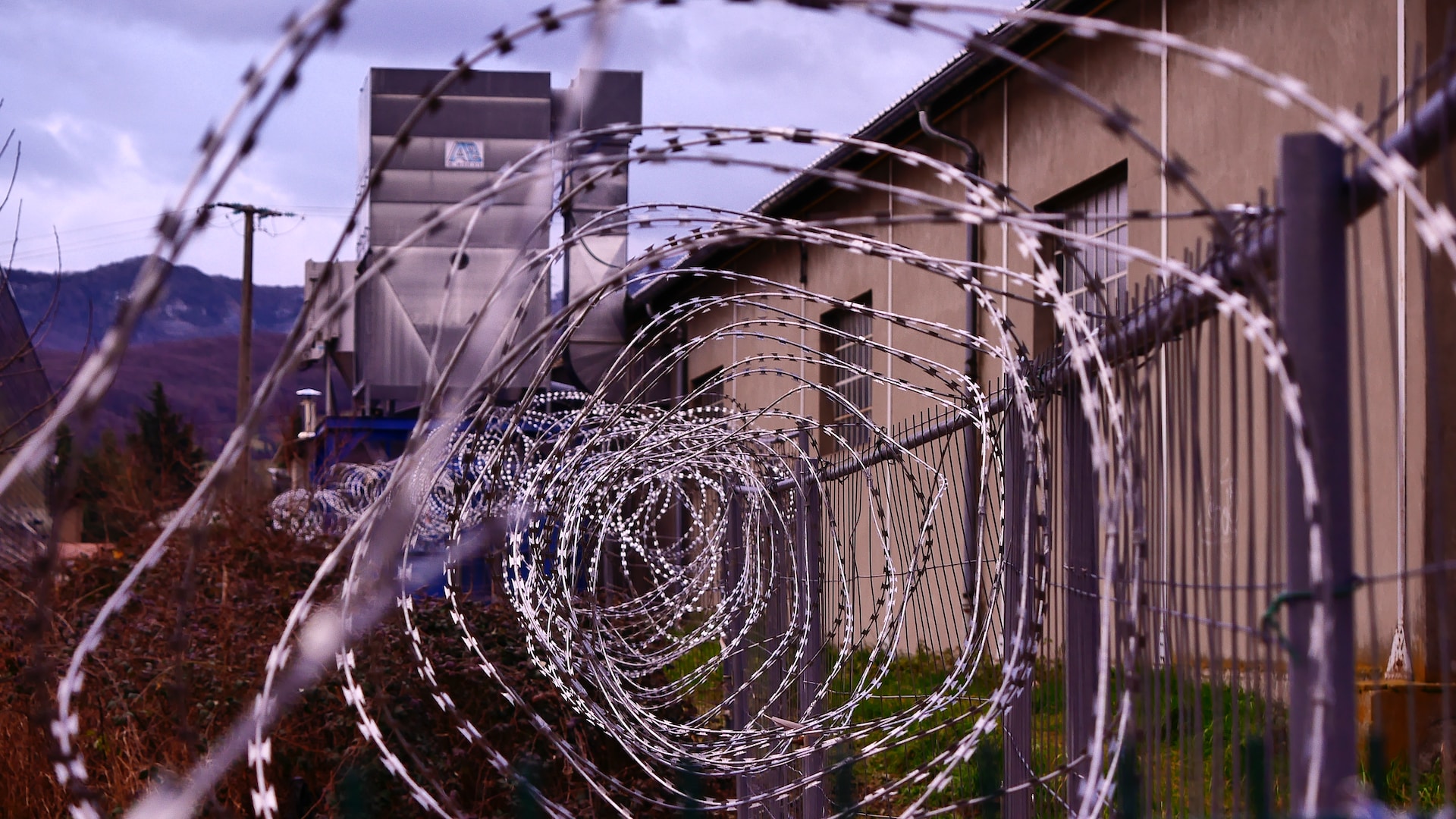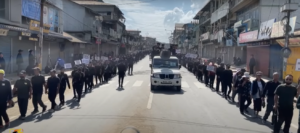Unau is your digital destination for celebrating the essence of brotherhood across the Kuki, Mizo, Zomi, and Hmar tribes.
October 6, 2023: The demographic reshuffle ensuing from what’s been termed as the ‘Inevitable Split’ in Manipur since May 3, reached a new milestone today as 18 prisoners of Zo ethnic tribes (Zomi-Kuki-Mizo) were transported from Sajiwa Central Jail in Imphal to the Zo territory of Kanggui. The Assam Rifles facilitated this transfer amid a broader ethnic-based geographical separation that’s been ongoing in the state.
This significant shift, spurred by a series of majoritarian and communal policies by the Meitei-dominated State government, has seen entire communities moving across the state to regions dominated by their ethnic groups. Such policies have led to a clear demarcation between Zo and Meitei territories, with respective residents being relocated to areas dominated by their ethnicities, creating stark ethnic enclaves within the state.
The movement of prisoners, in particular, highlights the depth to which the demographic separation has penetrated the administrative and judicial systems of Manipur. In the past month, judicial officers have been shuffled across the state aligning with the ethnic demarcation, and today’s transfer of prisoners is a continuation of this trend.
The repatriation was carried out despite strong opposition from influential Meitei politicians in Imphal, who, according to sources, desired to maintain a Zo presence in the Valley to portray a facade of ethnic harmony to the national media. However, the move to ensure the safety of Zo jail inmates came as a result of persistent urging from Zo ethnic tribes’ civil society bodies like the Zomi Council Steering Committee (ZCSC) and the Indigenous Tribal Leaders’ Forum (ITLF).
Local historians and genealogists reflect that this ongoing split is, in a way, a reversion to the ancient times when Zo and Meitei territories were distinct and independent entities. This repatriation of prisoners echoes the historical separateness, marking a poignant moment in the modern history of Manipur.
With the transfer of these inmates, the Valley districts are now devoid of any Zo ethnic tribes for the first time in contemporary Manipur history. The remaining Zo jail inmates, who are yet to be granted bail, continue to remain in Imphal, awaiting a similar fate.
The ‘Inevitable Split’ has not only redrawn the demographic landscape of Manipur but has deeply impacted the administrative, judicial, and now the criminal justice system. The repercussions of these shifts are likely to resonate in the political, social, and cultural fabric of Manipur for years to come.
The repatriation of Zo inmates underscores the stark reality of ethnic divisions that now pervade every stratum of Manipur’s society and institutions. As each community retracts to its ethnic enclaves, the concept of a united Manipur seems to be drifting further into oblivion.
The on-ground initiatives by civil society bodies and central forces play a crucial role in navigating the complex ethnic dynamics currently at play in Manipur. However, the long-term solution may necessitate a more inclusive political and social discourse that bridges, rather than widens, the ethnic divides.
The events unfolding in Manipur are a reflection of the delicate ethnic equilibrium that exists, not only in Manipur but in several parts of Northeast India. The broader implications of such ethnic segregations and administrative realignments beckon a thorough deliberation at both state and central levels to envision a path towards a more harmonious coexistence.
Source: Fieldnotes








